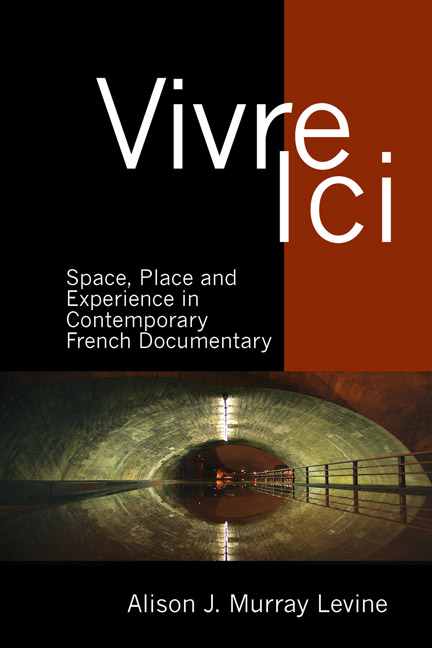1 - Renaissance?
Summary
Seen from afar, French documentary production is doing well.
—Petition, “Nous sommes le documentaire,” Le Monde, March 12, 2015The collection of documentary films presented in this book emerged across a 20-year period characterized by significant expansion in the growth and popularity of documentary film in France. Thousands of hours of television documentary roll out every year; theatrical releases of documentary films are on the rise; festivals and documentary events attract ever-expanding audiences; degree programs in documentary production have multiplied; and some documentaries have enjoyed an unprecedented level of commercial success. Within this broad context, established filmmakers have released major new works; new filmmakers have risen to prominence in the field; a broad range of new subjects have emerged; filmmakers have continued to develop new forms; and the French press revels in the dazzling breadth and creativity reflected in French documentary production.
The rising tide of visibility, critical acclaim, and commercial success for some documentaries, as well as increasing public interest in the genre, has also revealed some fragility in the ecosystem. The vast majority of documentary filmmakers struggle for production and distribution funding and have difficulty finding a space in the market for creative freedom. Many struggle to earn a living. An ongoing divide between film and television in public funding systems has been ill-adapted to documentary, which often straddles film and television. The proliferation of digital filmmaking technologies has drawn many more directors and producers into the marketplace, increasing the competition for existing distribution outlets. Many French documentary filmmakers and producers in recent years have expressed concerns about documentary losing its way, “a victim of its own success.”
The expansion of documentary markets and the worsening economic situation of individual films and filmmakers are both important elements to consider in the ecological view of the documentaries analyzed in this book. In the first part of this chapter, I sketch a roughly chronological overview of the creative ecosystem within which these films emerged and continue to circulate. I begin the overview with developments in the late 1980s and early 1990s that had a defining impact on French documentary production in the 1990s and beyond.
- Type
- Chapter
- Information
- Vivre IciSpace, Place, and Experience in Contemporary French Documentary, pp. 21 - 36Publisher: Liverpool University PressPrint publication year: 2018



